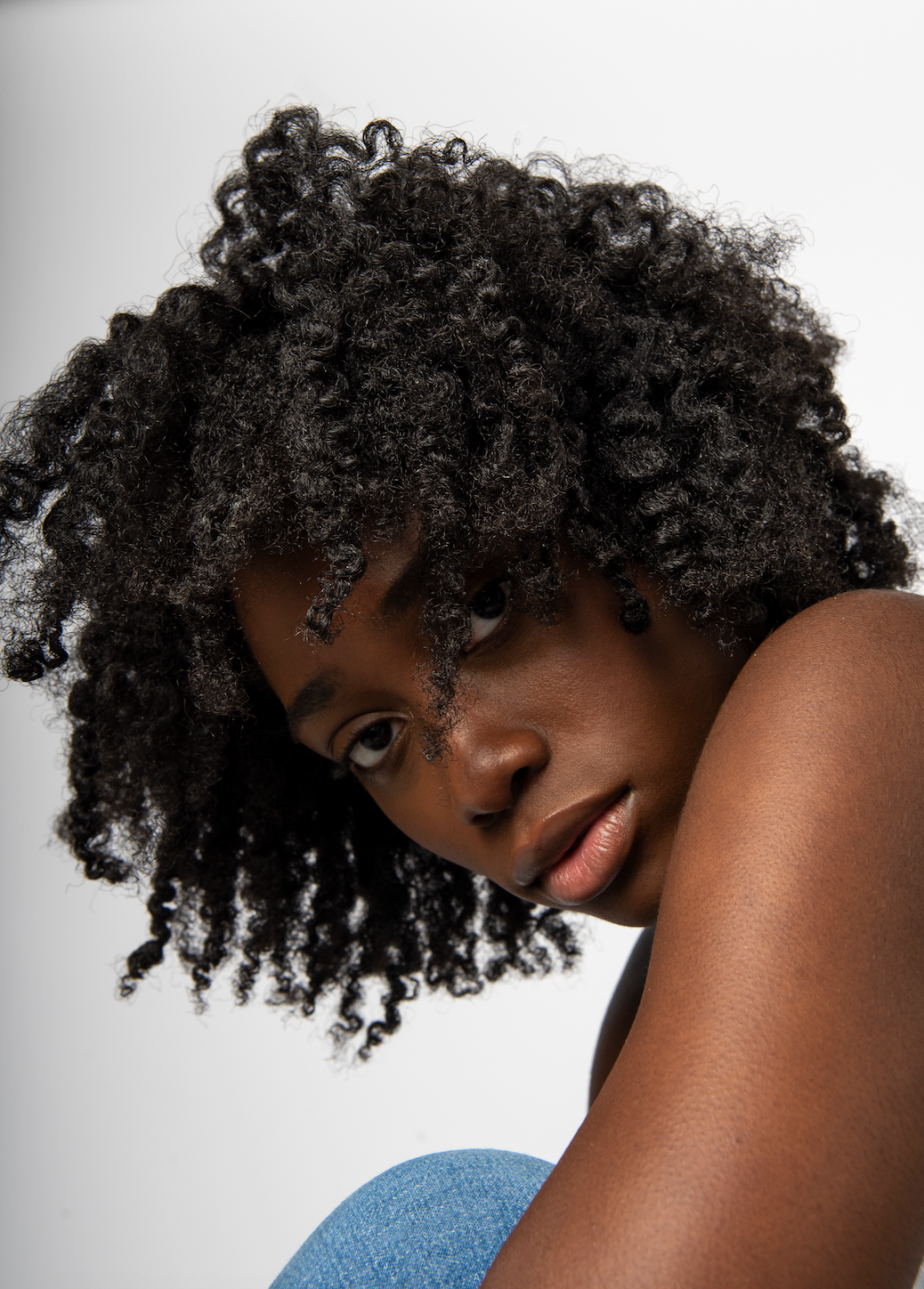Introduction
If you’ve been navigating the curly hair space, you’ve definitely heard the warnings: “stay away from sulfates.” But are they really the villain they’re made out to be, or is the truth more nuanced?
Here’s the thing: sulfates aren’t inherently evil. They have a role, and sometimes that role is useful. But for curly hair, it’s a more delicate conversation. Let’s break down what sulfates are, how they affect curls, when they can actually help, and what to use instead.
What Are Sulfates?
At their core, sulfates are cleansing agents. They’re the reason shampoo foams up and leaves that squeaky-clean finish. Their job? To remove dirt, oil, and buildup.
The Common Players
-
Sodium Lauryl Sulfate (SLS) → the most aggressive.
-
Sodium Laureth Sulfate (SLES) → slightly milder, but still strong.
-
Ammonium Lauryl Sulfate (ALS) → less intense, but still a heavy cleanser.
They’re effective, but effectiveness doesn’t always equal curl-friendly.
Why Curly Hair and Sulfates Don’t Always Get Along
Curly hair naturally struggles with dryness. The bends and coils make it harder for natural oils to travel down the strand. When strong cleansers strip those oils away, curls are left parched.
The Downside
-
Dryness overload: curls lose vital hydration.
-
Scalp irritation: harsh cleansers can upset sensitive skin.
-
Frizz factor: moisture loss means definition disappears.
-
Color fade: sulfates accelerate fading for color-treated hair.
Are Sulfates Always Bad?
Not entirely. It’s more about how often you use them and what your curls need at the moment.
When Sulfates Can Work in Your Favor
-
Heavy buildup: if gels, oils, or creams are weighing you down, sulfates can reset the slate.
-
Occasional detox: every few weeks, they can help refresh scalp and strands.
-
Oil-prone scalps: for those with excess sebum, sulfates can help rebalance.
The key is moderation—daily use is too much, occasional use can be helpful.
Sulfate-Free Alternatives for Curls
Fortunately, there are gentler options that cleanse without stripping curls dry.
Ingredients to Look For
-
Cocamidopropyl betaine → gentle yet effective.
-
Sodium cocoyl isethionate → mild with a soft lather.
-
Disodium laureth sulfosuccinate → low-irritation, curl-friendly.
Other Approaches
-
Co-washing: using conditioner to cleanse—hydrating, but balance it with clarifying washes.
-
Sulfate-free clarifiers: remove buildup without harsh effects.
Choosing the Right Shampoo for Your Curls
Think about your specific needs:
-
Curl type: tighter coils need maximum hydration → stick to sulfate-free most of the time.
-
Porosity: low porosity hair is prone to buildup → occasional clarifying may help.
-
Scalp needs: dandruff or oil-prone scalps may benefit from the rare sulfate cleanse.
-
Lifestyle: if you’re a product-layering pro, a reset may be necessary.
Pro tip: Follow every clarifying wash with a deeply hydrating conditioner or mask to restore balance.
FAQs
Do sulfates cause hair loss?
Not directly, though scalp irritation from harsh cleansers can contribute to weaker follicles.
Can curly hair use sulfate shampoo?
Yes—just use it sparingly and balance with moisturizing products.
Are all sulfates equally harsh?
No. SLS is the strongest, while SLES and ALS are slightly gentler but still considered strong cleansers.
Is sulfate-free better for curls?
In most cases, yes. Curls retain moisture, frizz is minimized, and definition lasts longer.
Conclusion
So, are sulfates bad for curly hair? The answer isn’t black and white. They can strip and dry curls when overused, but in moderation they serve a purpose—especially when it comes to removing buildup.
Most curls thrive on a sulfate-free routine with the occasional clarifying reset. The smartest move is to listen to your hair: if it feels dull, coated, or lifeless, a reset could be what it needs.
And don’t forget—hydration is everything. Keep a restorative mask (hello, Frizz + Co Repairing Hair Mask) in your rotation to give your curls the nourishment they deserve.


